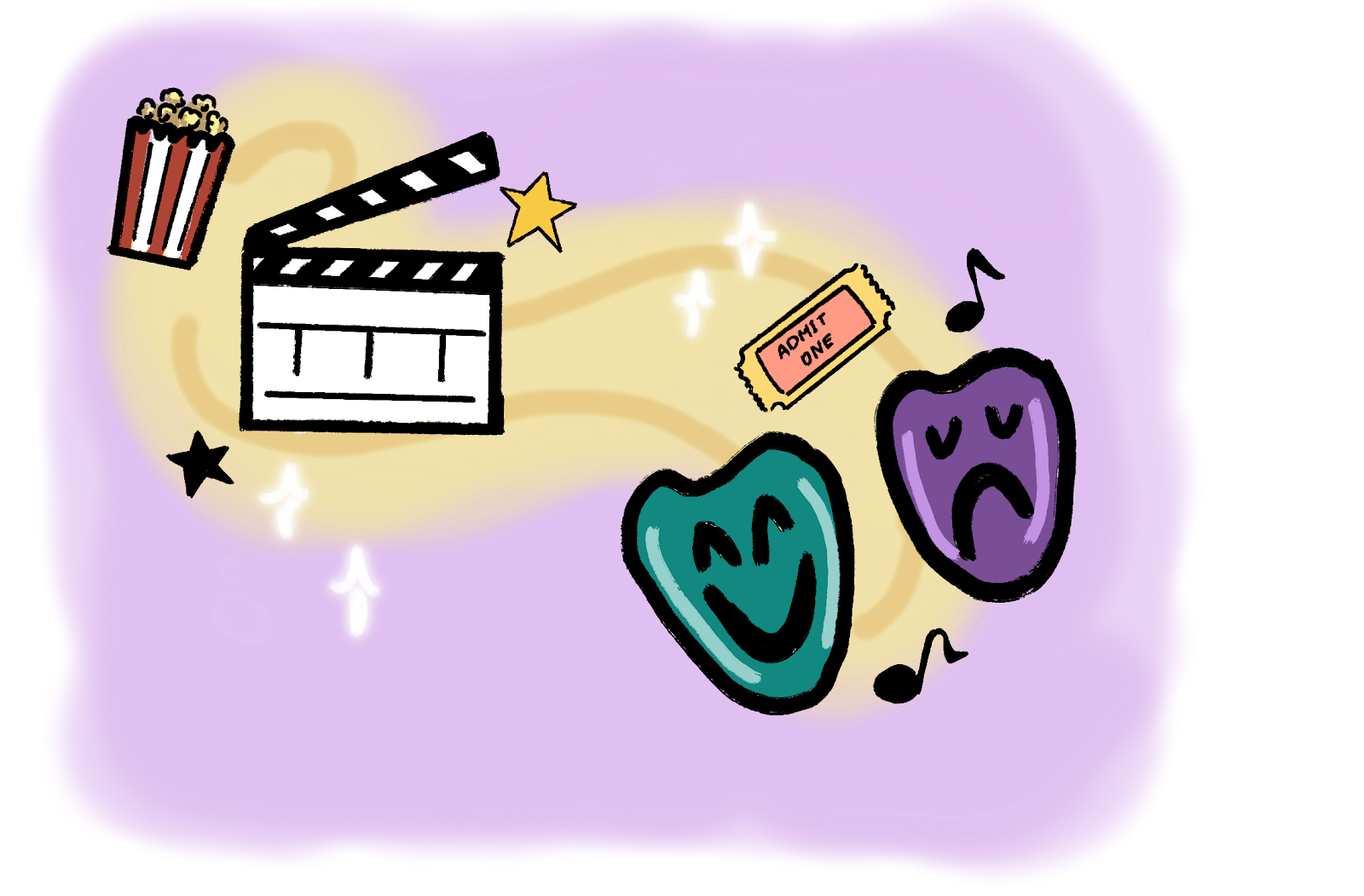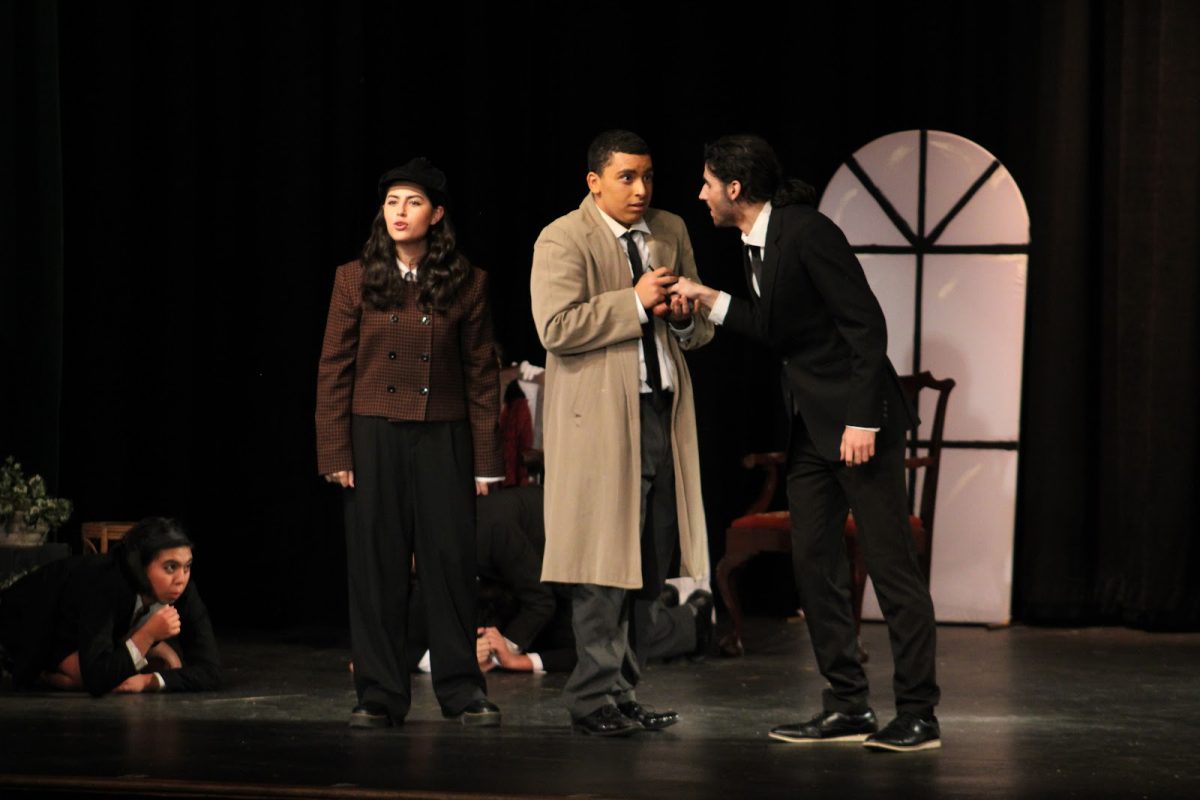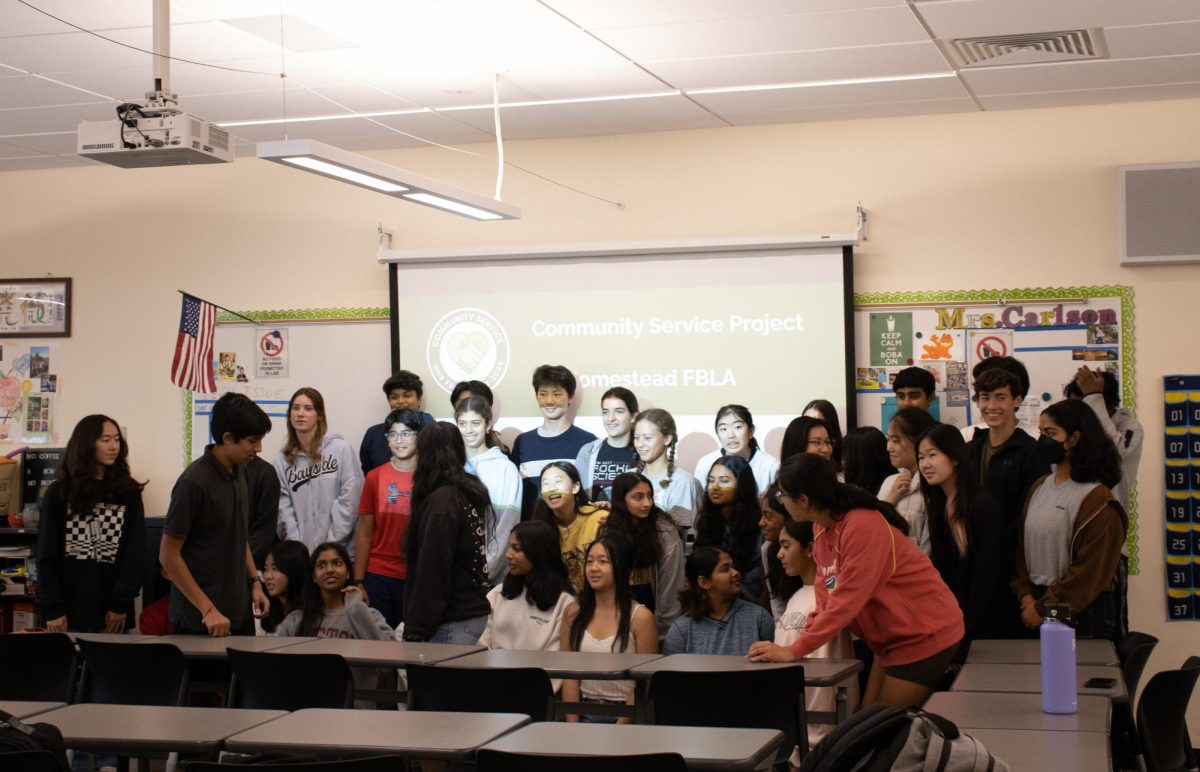As I see the plethora of musicals debuting on Broadway, certain productions such as “Frozen: The Broadway Musical” have caught my attention. Many of my favorite movies have transformed into musicals, but I feel they do not live up to their cinematic counterparts.

For a musical to be remarkable, it must have a compelling and fresh storyline. However, many musical writers have resorted to turning a highly acclaimed movie into a subpar musical, creating theater that lacks originality. Despite the creative evolution of Broadway through time, it is disappointing to see many writers default to adapting movies for the sake of pushing out content
The 2013 movie “Frozen” is a classic example of a successful film that both children and parents adore. Due to its intense popularity, the movie made its way onto the Broadway stage in 2018. However, when I saw clips of the musical online, I was quickly disappointed by the average vocals and an identical storyline to the movie. It was clear that the adaptation had nothing new to offer, and it felt like the original movie was just amplified in a theater.
The musical also heavily lacked originality. Instead of coming up with a new musical idea and expanding in a new direction, the creative team decided to add to an already oversaturated and well-known media piece.
This same issue occurs in the musicals “Mean Girls” and “Legally Blonde,” where the initial charm of the movie gets lost in the remake. This occurs when directors choose to prioritize over-the-top costuming and songs, but neglect the simple acting choices from the movie. While both musicals offer new songs and a fresh take on their story, they fail to bring a new perspective to Broadway and ultimately overuse the same ideas from their movies.
The popularity of the original 2001 “Legally Blonde and 2004 “Mean Girls,” movies set a high bar for musical directors to achieve. Treasured by fans of many ages, the pressure often leaves the musical directors scrambling to accomplish something groundbreaking. However, this method often backfires and leads to musicals with a multitude of issues, such as exaggerated characters and low-quality songs.
For example, the “Mean Girls” musical was itching to reimagine the musical in a trendy way, and the costuming greatly suffered from this lackluster attempt. The original movie’s charm lies in the timeless pieces worn by characters, but the musical removed that aspect for viewers. Instead of dressing actors in vintage-looking and chic clothes from the movie, costume designers resorted to trashy outfits that the characters would never actually wear.
While movie-to-musical adaptations are overdone with popular movies, they often prove successful with lesser-known films.
The adaptation of the 2016 movie “Waitress,” a Tony-nominated musical by Sara Bareilles that excelled in its heartwarming story, had astounding vocal performances and a tender setting. By adding songs and choreography to the story of three hardworking waitresses, their emotions flourished through rich songs and scenes.
The adaptation added a layer of depth to their characters and I deeply resonate with the songs performed. Each of the characters portrayed true emotion, and it was an experience I will never forget.
The musical brims with passion and showcases a prime example of how movie-to-musical adaptations can be accomplished effectively. Instead of reproducing existing songs or recreating scenes widely streamed by fans, the “Waitress” adaptation offers a positive reimagining of the movie.
Movie-to-musical adaptations are overdone, but it is possible to produce a remarkable show through creative songs. These adaptations should push for new stories and perspectives that add something special to the theater world. When this is accomplished, writers can produce something memorable and impactful.















